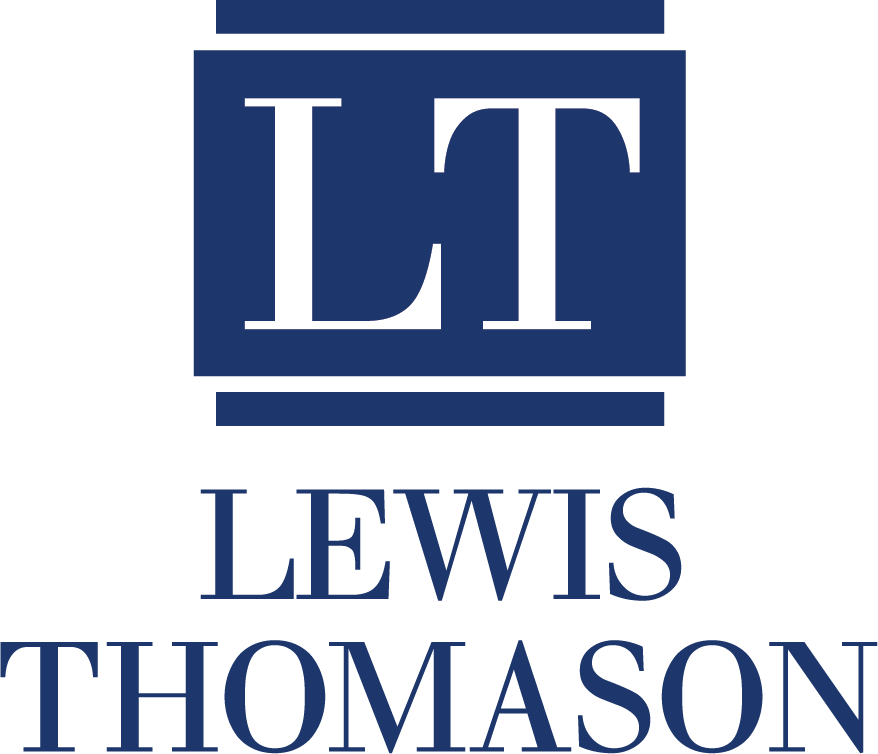By: Brian S. Faughnan
I am a relatively fortunate lawyer. In addition to being permitted to write this column from time to time, representing lawyers and law firms gives me a decent sense of ethical issues that are being faced by lawyers in their daily practice across our state. I admit it’s a rough justice kind of calculation, but I tend to assume that if a lawyer has come to me about an issue, then that same issue is likely being faced by quite a few other lawyers in Tennessee from whom I will never hear. If I’m correct in my extrapolation, then a trending issue facing Tennessee lawyers involves walking the fine line regarding what (if anything) they can do to try to decrease the chances that a potential witness in a case will not voluntarily communicate with opposing counsel.
The relevant ethics rule in Tennessee is RPC 3.4(f), and the broad contours of the issue are well-settled and not all that nuanced. Yet, the sticky specifics can be a struggle to work through confidently as will be discussed below. Before doing so, a word about a recent development in Kentucky is in order, both to get your attention and simultaneously show that we in Tennessee could have it worse. Kentucky has an ethics rule, SCR 3.130-3.4(g), that is largely similar to our RPC 3.4(f) but which the Kentucky Supreme Court in Ky. Bar Ass’n v. Unnamed Attorney, decided on December 19, 2013, has interpreted to apply to “noncooperation” provisions in settlement agreements and, if the Chief Justice of the Kentucky Supreme Court’s ominous warning is correct, may even restrict the ability of Kentucky lawyers to include even basic confidentiality provisions in settlement agreements.
You can read the entire article on pages 18-19 in the most recent edition of the Memphis Bar Association’s Memphis Lawyer




